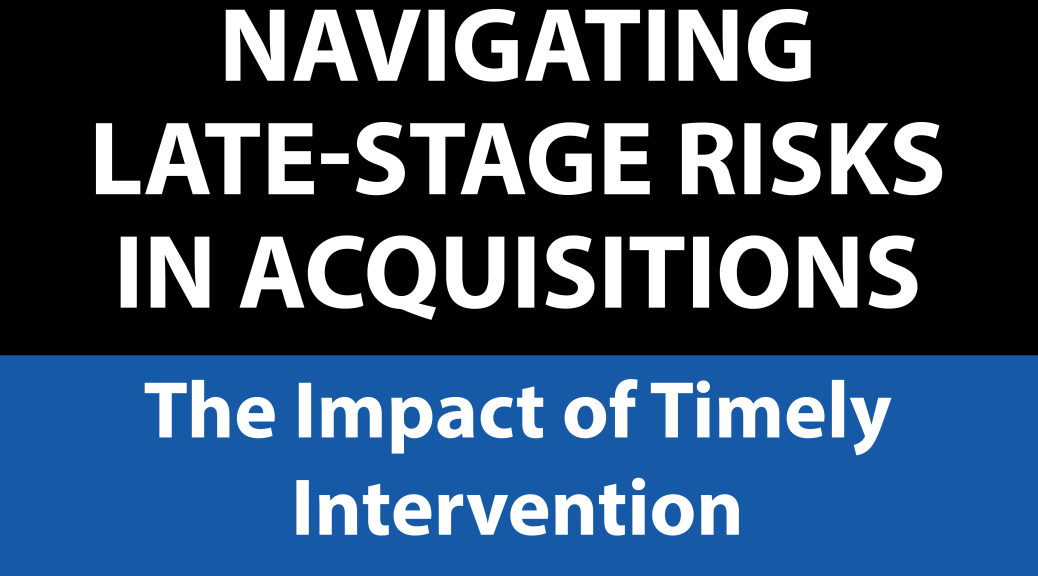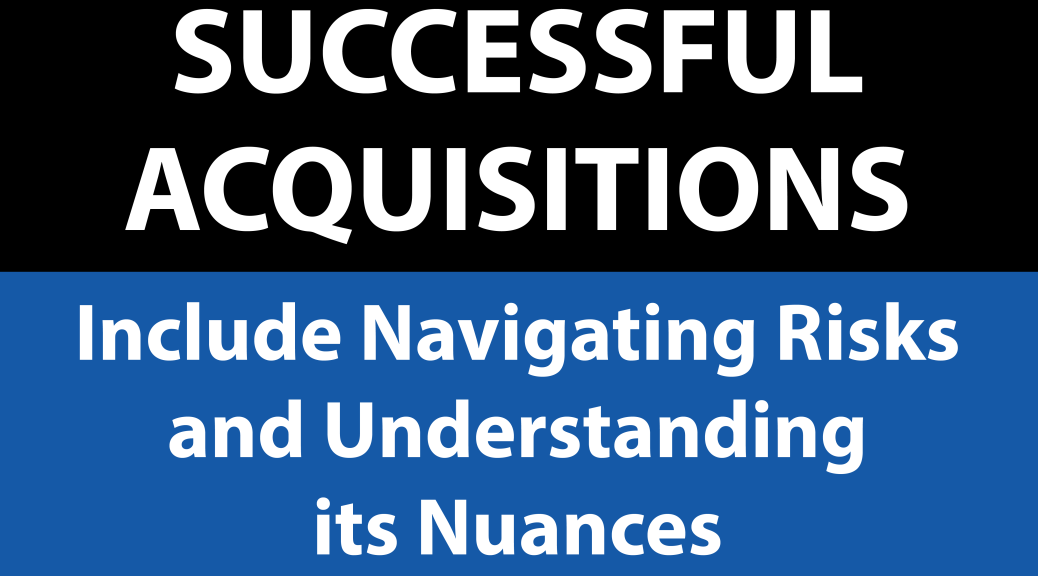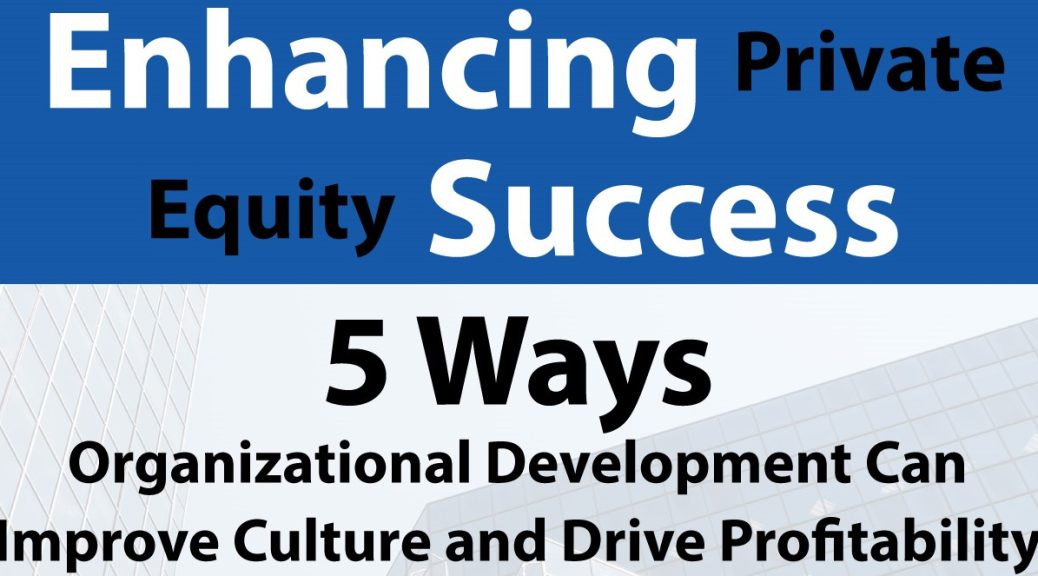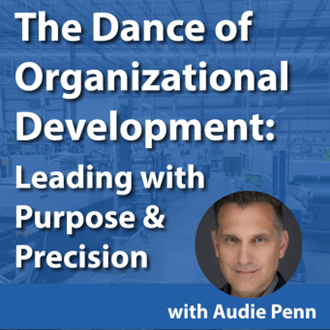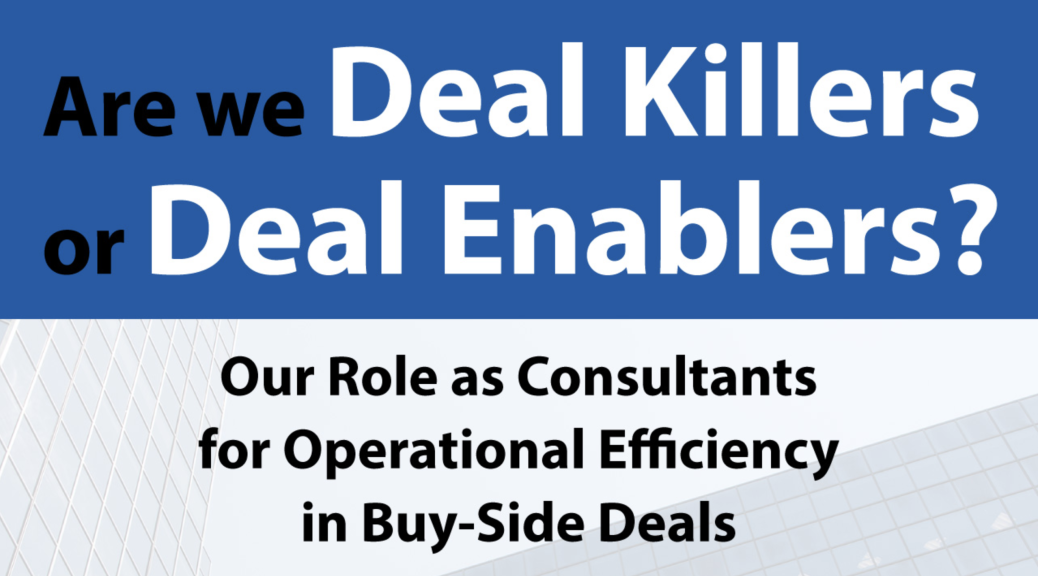Acquisitions represent both opportunities for growth and potential pitfalls. While meticulous due diligence is typically conducted to uncover any lurking risks, some threats manage to evade detection. Early-stage risks are those that lay dormant for a while, until they reach their tipping point in year 2 or 3 of the investment cycle where they often derail the progress. Late-stage risks are those that have already manifested themselves by the time of acquisition and will pose a significant challenge. Undisclosed risks, early or late-stage, are the nightmares of acquisition teams, as they emerge from the shadows post-close, revealing their full impact on the acquired entity.
Logically, late-stage risks and their impact should be obvious to everyone, and they often are. However, their presence may be accepted as “part of doing business,” or may have persisted so long they are effectively “hiding in plain sight,” where everyone (including leadership) has grown used to their presence. Until appropriately addressed, these late-stage risks will remain undisclosed and will continue to impact the business. Their consequences will eventually become dire and rectifying them comes at an exorbitant cost – to your finances and your reputation.
These risks may include reliance on tribal knowledge, business interruption, margin compression, unplanned capital expenditures, cultural misalignment, or technological obsolescence. Regardless of their nature, the common thread among them is the damage they inflict on operations and the urgency they demand for corrective action.
The cost of rectifying late-stage risks is staggering. It involves not just financial resources but also time and effort, often leading to disruptions in operations and potential harm to stakeholders. Moreover, the negative consequences resulting from these risks serve as a wake-up call, prompting a scramble for remediation.
But what if there was a way to preemptively address these risks before they spiral out of control? Enter OpWise with The ProAction Group, a strategic ally for PE companies in navigating the treacherous waters of acquisitions.
OpWise, a people, process, and resource approach from The ProAction Group, uses advanced analytics, industry expertise, and a results-driven methodology to empower PE companies to identify risk before the deal closes, and plan to address them before they wreak havoc. This is a pragmatic approach to identifying risk and estimating the time, effort, and resources necessary to mitigate or eliminate risk during post-close integration.
Here’s how OpWise, with The ProAction Group, can be instrumental in averting late-stage risks:
Early, Pre-Close Identification:
OpWise conducts comprehensive assessments of target companies, uncovering potential risks and vulnerabilities early in the acquisition process. Initial costs to address the risks are modeled, as well as the impact they will have on financials. By shining a spotlight on these issues, we enable PE firms to make informed decisions and take proactive measures to mitigate risks (before they write the check).
Strategic Intervention:
Armed with actionable insights, we collaborate with PE companies to develop tailored strategies to address risks and operational improvement. Whether it’s optimizing processes, enhancing compliance measures, or fostering cultural alignment, we provide practical solutions to address late-stage risks and bring stability.
Timely Execution:
We don’t just stop at planning; we ensure that strategies are implemented swiftly and effectively. Through meticulous execution and continuous monitoring, we help PE companies navigate the complexities of post-acquisition integration and mitigate risks in real-time.
Results Based Training:
Execution is not something we do to your team! We use the opportunities to address risk or realize an improvement as a way to develop the team and find leaders hiding in plain site.
While late-stage risks may seem insurmountable, they are not inevitable. The ProAction Group can help PE companies identify and assess risks (early and late-stage) before the deal is signed and develop a post-close plan to mitigate these risks – safeguarding the investment and fostering long-term success by turning potential crises into opportunities for growth and resilience.
